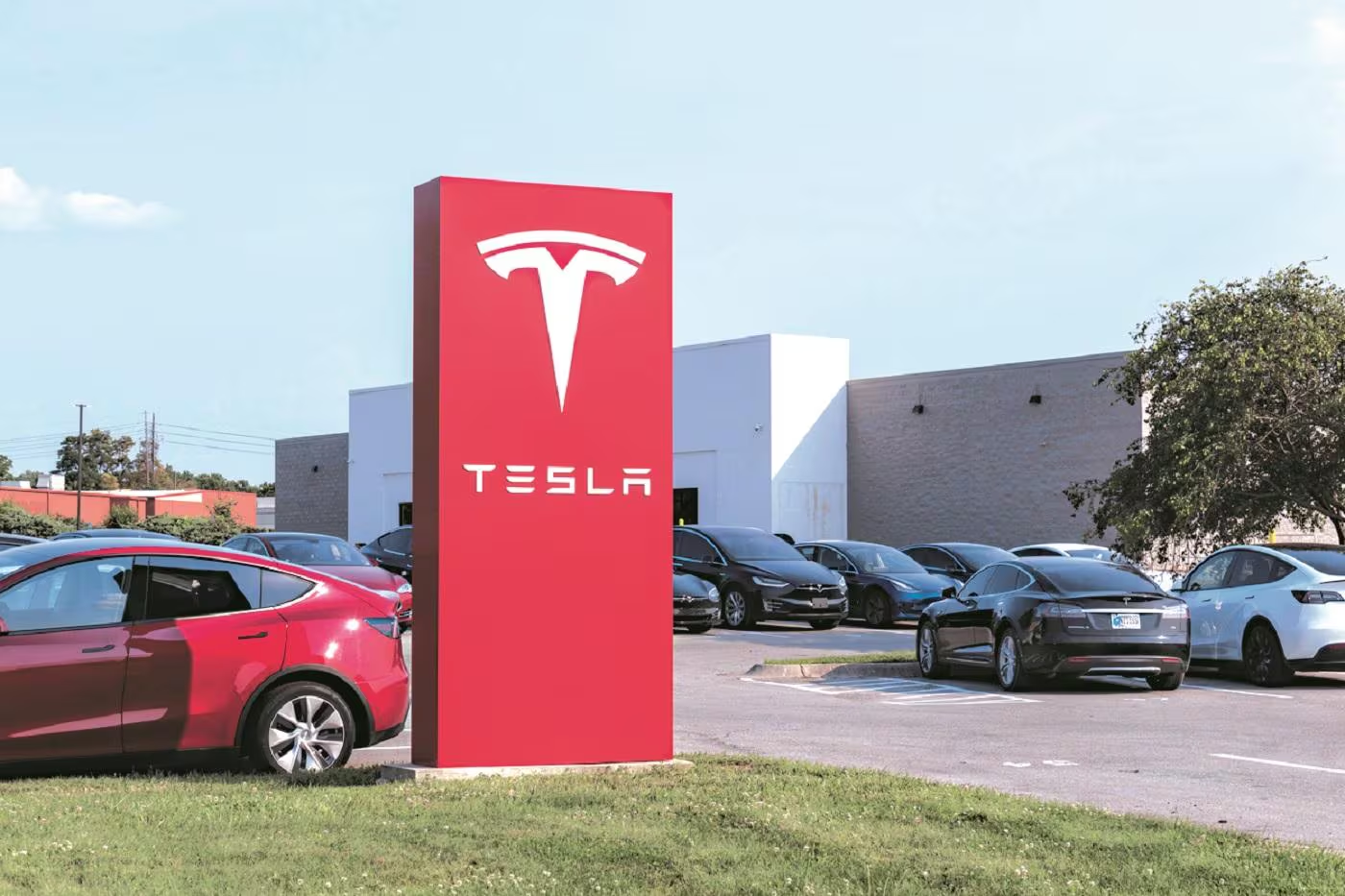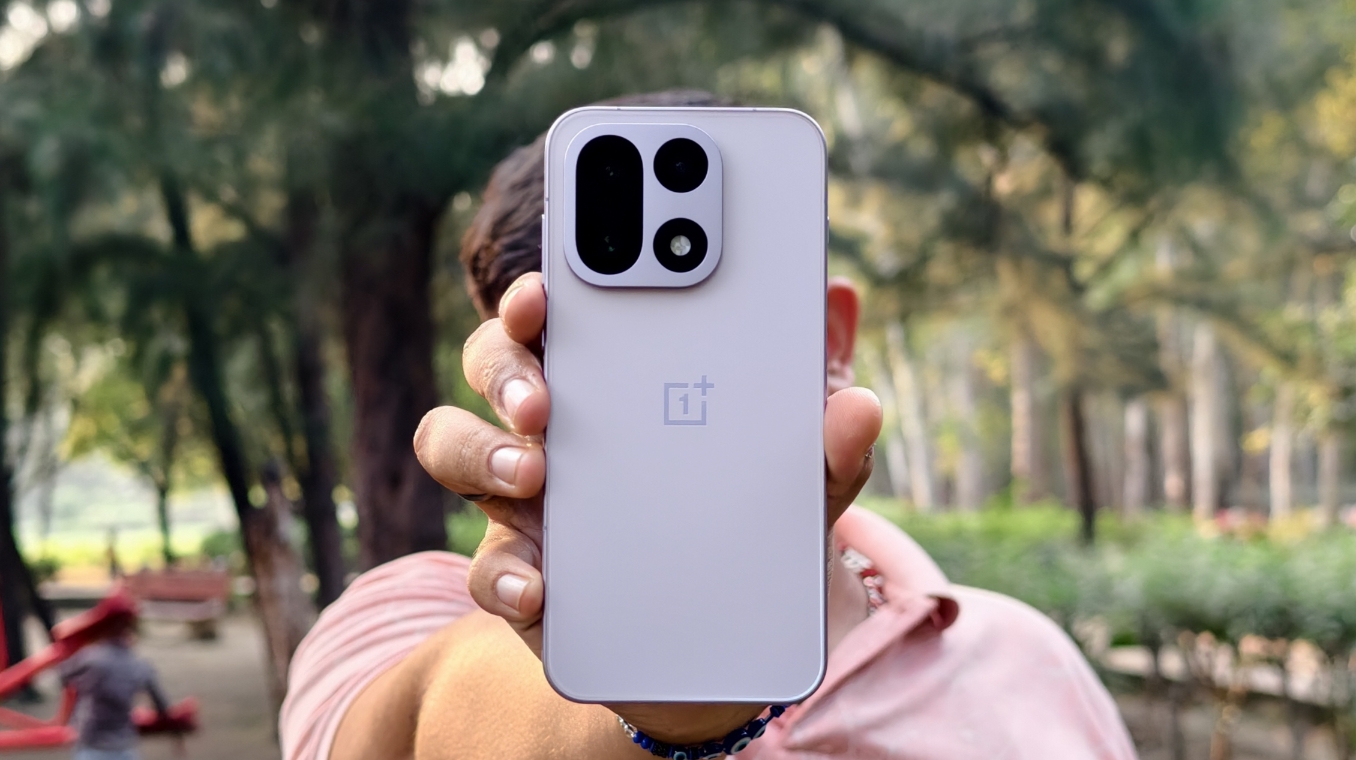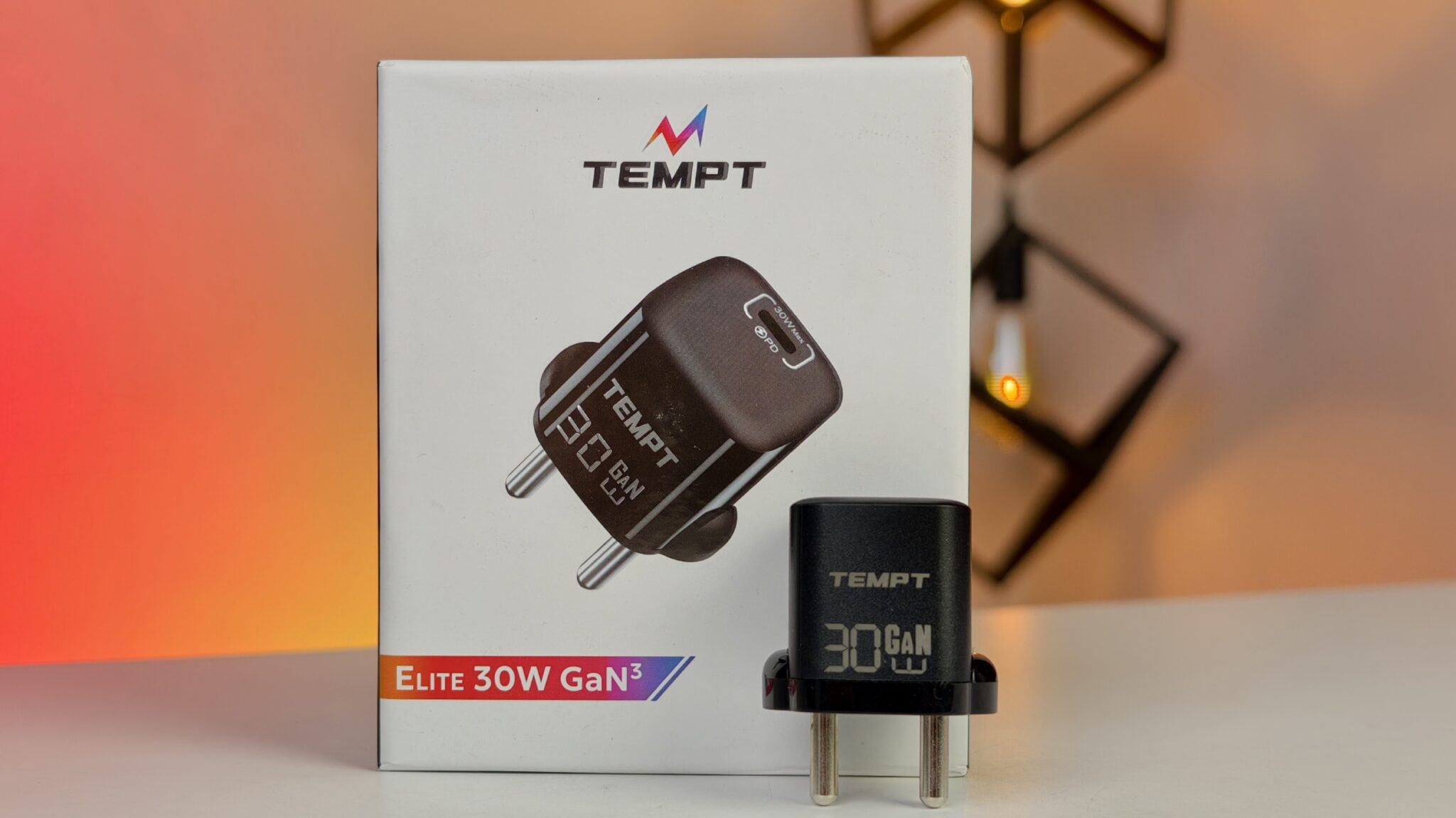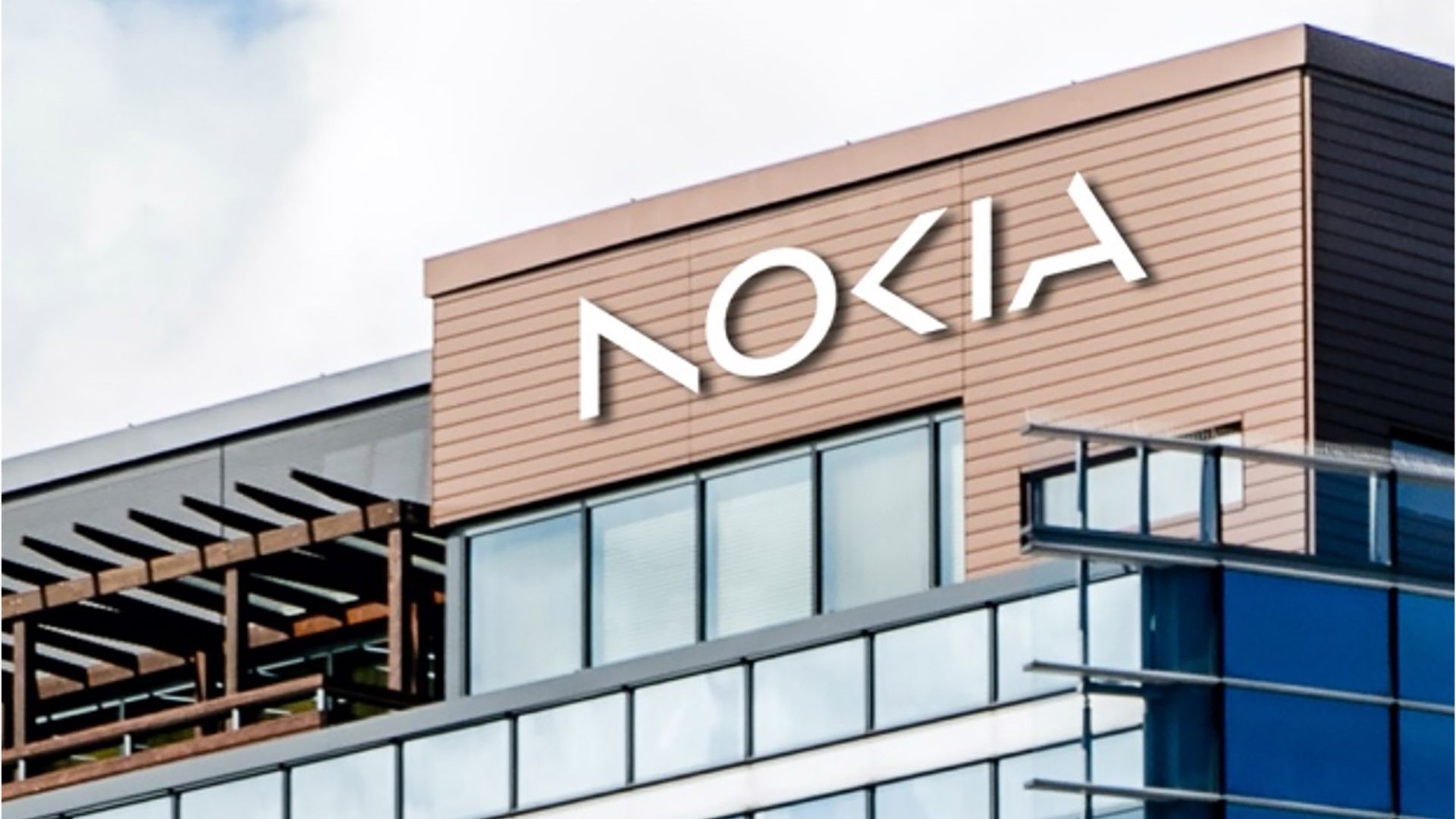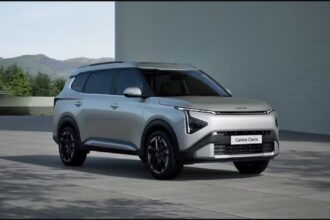Imagine wanting to buy a cutting-edge electric car, a symbol of future mobility, only to find its price tag effectively doubled by government taxes before it even hits the road. That’s the reality facing potential Tesla customers in India, a situation the automaker says is causing significant anxiety among buyers and making entry into the market a carefully calculated move.
Tesla’s Chief Financial Officer, Vaibhav Taneja, speaking during a recent earnings call on Tuesday, highlighted the steep challenge posed by India’s hefty 100% import tariffs on fully built cars. He stated plainly that a car Tesla sends to India becomes 100% more expensive than its price elsewhere. This dramatic price increase, Taneja explained, naturally creates considerable anxiety for customers who feel they are paying an exorbitant amount for the vehicle.
India, the world’s third-largest automotive market, represents a tempting, yet complex, frontier for Tesla. The nation is eager to accelerate the adoption of electric vehicles and reduce its reliance on fossil fuels. However, it also aims to boost domestic manufacturing under its ‘Make in India’ initiative. This has historically resulted in high import duties designed to encourage foreign companies to set up local production facilities.
For years, these high tariffs have been a major point of discussion and a hurdle for Tesla’s direct entry into the Indian market with imported vehicles. Elon Musk himself has previously described India’s import duties as among the highest in the world.
Despite the tariff concerns, Tesla has shown concrete signs of inching closer to an India launch. In recent weeks, the company finalized showroom space in prime Mumbai locations and advertised a growing number of job positions across the country. Import records also show Tesla brought a Model Y vehicle into India from Germany in March, likely for testing and homologation purposes.
Adding another layer to this evolving situation is India’s new Electric Vehicle policy, introduced earlier this year. This policy offers a significant reduction in import duties on certain EVs to 15% (from the standard 70% or 100%, depending on value) for companies that commit to investing at least $500 million in setting up manufacturing facilities in India within three years. While this policy appears to address Tesla’s long-standing request for lower tariffs, it firmly links the reduction to a substantial local manufacturing commitment. Companies benefiting from this policy would also be allowed to import a limited number of vehicles at the reduced rate.
The Indian government’s stance aims to strike a balance: attract global EV players and their technology while simultaneously building a robust domestic EV ecosystem. However, local automotive manufacturers like Tata Motors and Mahindra & Mahindra have voiced concerns about any tariff reductions that could put them at a disadvantage against established international players with potentially deeper pockets and more advanced technology.
For the Indian customer, the current tariff structure means that a Tesla model, which might be relatively more accessible in other markets, becomes a luxury item with a price tag that puts it out of reach for a large segment of potential buyers. This price sensitivity in the Indian market is a well-known factor, and even with a potential tariff reduction under the new policy, the final price of a Tesla car would still be considerably higher than many locally produced electric vehicles.
Tesla is still carefully evaluating the timing of its entry, according to Taneja. The anxiety caused by the 100% tariff on imported cars clearly remains a significant factor in their decision-making process. While the new EV policy offers a potential path to lower taxes, it requires a substantial long-term investment and commitment to local manufacturing, a step Tesla appears to be considering deliberately.
Elon Musk recently confirmed plans to visit India later this year, following discussions with Prime Minister Narendra Modi about technology and innovation partnerships. This upcoming visit could be crucial in determining the next steps for Tesla’s India plans and potentially shed more light on how the company intends to navigate the tariff situation and the requirements of the new EV policy.
The road to the Indian market for Tesla appears paved with both significant opportunity and considerable challenges. The high import tariffs currently create a barrier that makes potential customers hesitant due to the inflated cost. While India’s new policy offers a potential way forward with reduced tariffs tied to local investment, it requires a strategic commitment from Tesla. The anxiety among prospective buyers highlights the direct impact of these policies on consumer behavior and underscores the delicate balance India is trying to achieve between attracting global investment and fostering its domestic industry. The coming months, and Musk’s visit, may reveal whether a breakthrough is on the horizon for Tesla and Indian EV enthusiasts.


